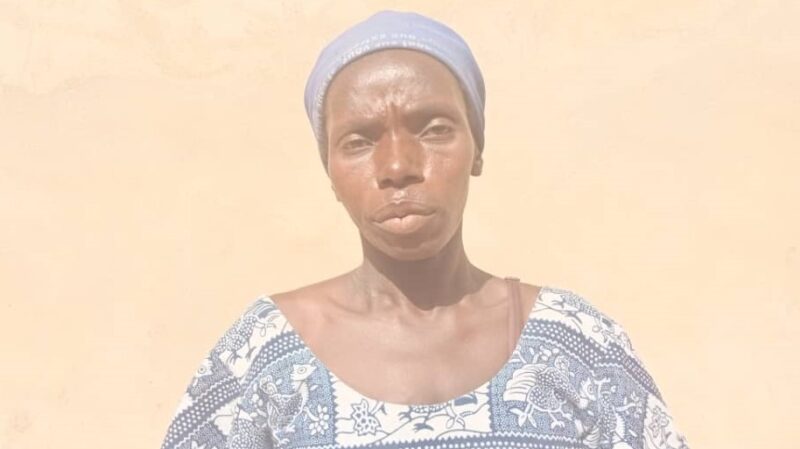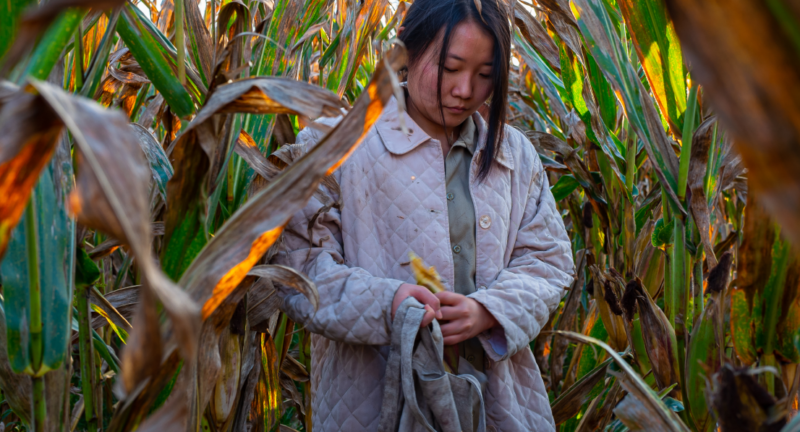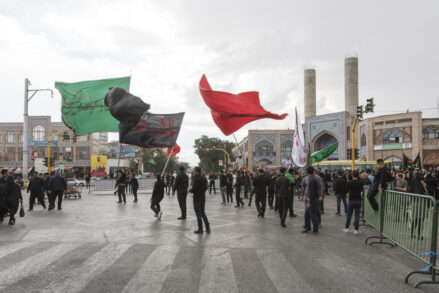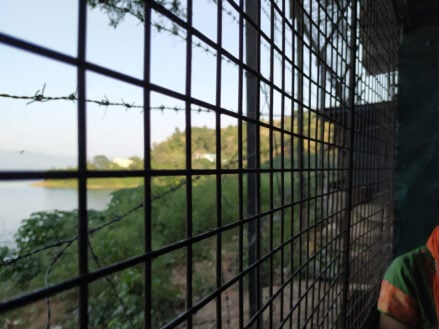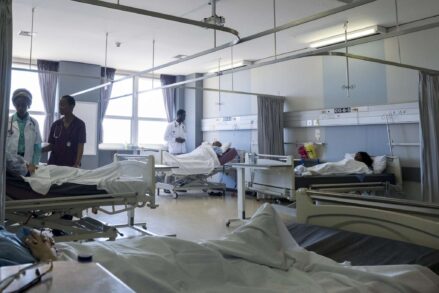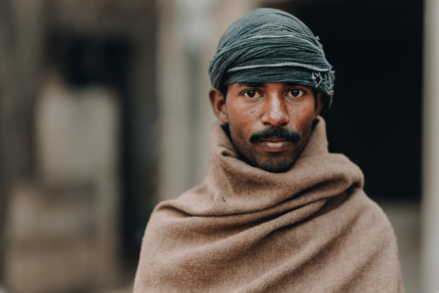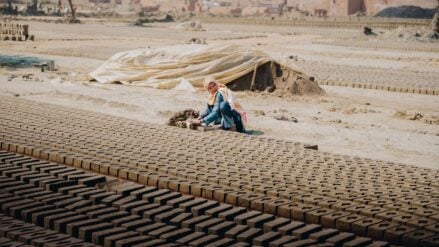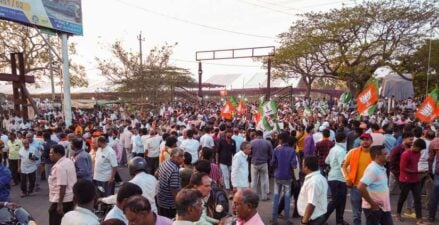On December 10, terrorists arrived in the village of Bolomakte, menacingly gripping machine guns. But they weren’t there to destroy; they were there to warn. They told everyone in the village to leave, and that they would come back the following day. Anyone still in the village would be killed on the spot. Pastor Kouama gathered the 152 members of his church, along with his wife and son, and left their home the following morning. They set out for Bassé on foot, a nearby village where they could wait out the extremists. Some packed horse-driven carts with food and luggage, not knowing when—and if—they would ever be able to return home.
The people of Bolomakte arrived at Bassé village and lived displaced for 10 days, then, to their horror, the terrorists arrived there, too.
In describing the event, Pastor Kouama says, “They came at 4 p.m. and started shooting everyone they found on the road, even entering houses and killing the residents.” He believed his family was hiding in the local church, so he tried to rush over and meet them. However, he was continually being shot at: “The bullets were falling around me like rain.” Having no other choice, and still not knowing where his family was, Pastor Kouama hid in the bush and waited for the terrorists to leave.
Esther was preparing dinner when the gunfire broke out. She immediately left her home and darted for the church. Some church members were already there, but many were not. She huddled with others and waited for the shooting to stop. Her thoughts were of her husband and son—she didn’t know where either of them were … and if they were alive.
The terrorists left the village around 8:30 p.m., leaving in their wake death and ruin. Pastor Kouama came out of hiding and finally made his way to the church. He saw his wife and other church members there, but many were missing and unaccounted for. He assumed they fled for safety to the nearest city—Bobo-Dioulasso—hoping his son was among them.
The following morning, Pastor Kouama, Esther and the remaining congregants headed for Bobo Dioulasso. The mood was somber among them. They thought they would certainly come across members of the congregation on the path they were walking, but they ran into no one. The path was eerily empty.
When they arrived at Bobo Dioulasso, they quickly learned no one from Bassé village had arrived. Their hopes sank. Pastor Kouama left his party and headed back to Bassé, believing he would find others still in hiding.
It was another tiring journey back to where he had fled, constantly looking over his shoulder to see if the terrorists were returning. But Pastor Kouama was determined to find his flock.
As soon as he returned to Bassé, he went from house to house, searching and praying. It wasn’t long until he found the missing congregants.
They had all filled in the same house to hide from the terrorists. Pastor Kouama says, “When I arrived at the house, I entered and found they had all died. Some of them had been tortured and were only recognizable by their clothes. This was one of the most terrible moments of my life. I fell to the ground, my heart broken. I was crying out, calling Jesus’ name.” Among those executed by the terrorists was Pastor Kouama and Esther’s son.
In response to hearing her son was killed, Esther says, “I had a broken heart and was traumatized. I wept many days and was unable to eat because of my son and many of our church members’ deaths. Many pastors came to us to pray for us and console us with the Word of God and welcome us in.”

